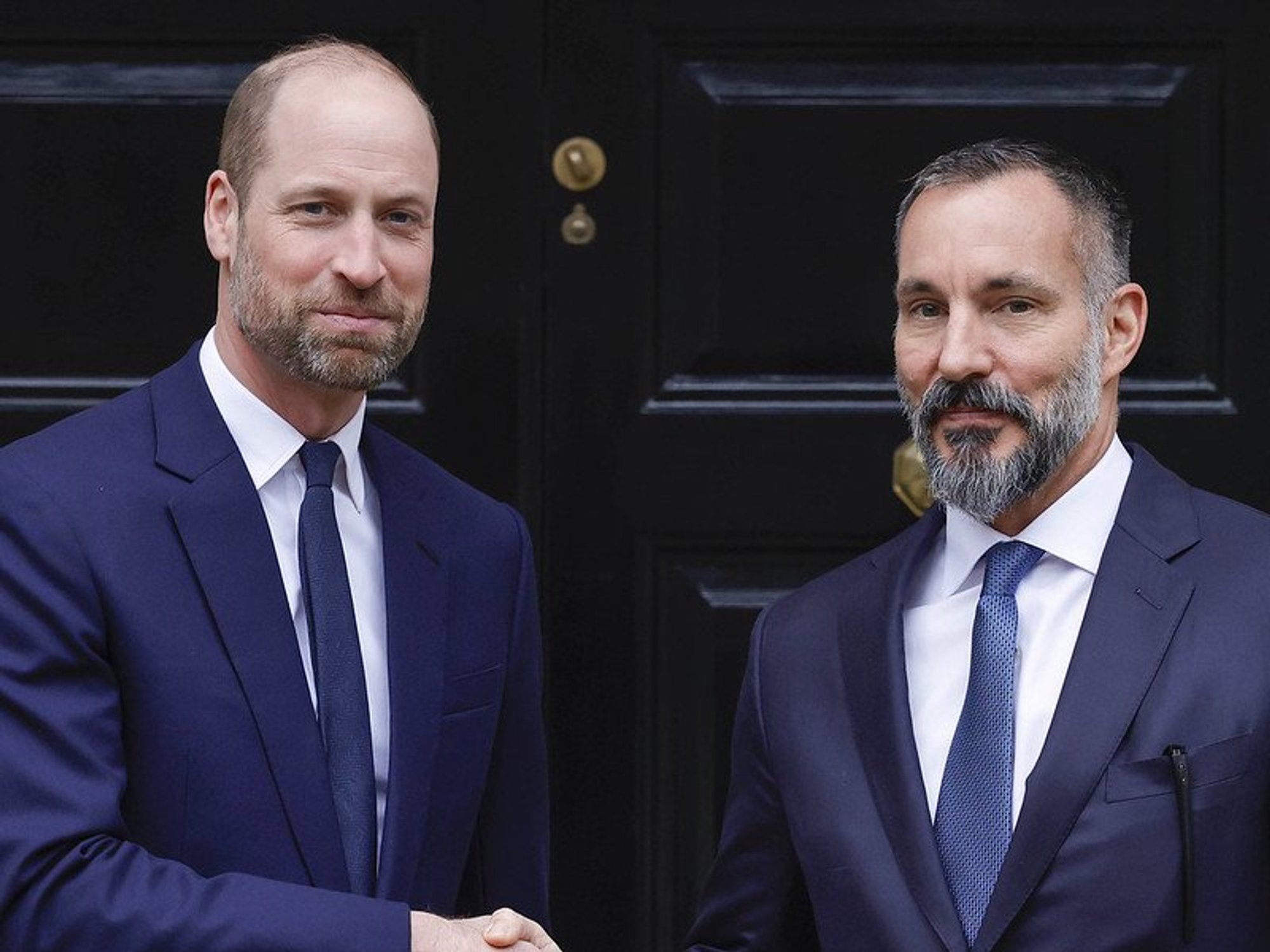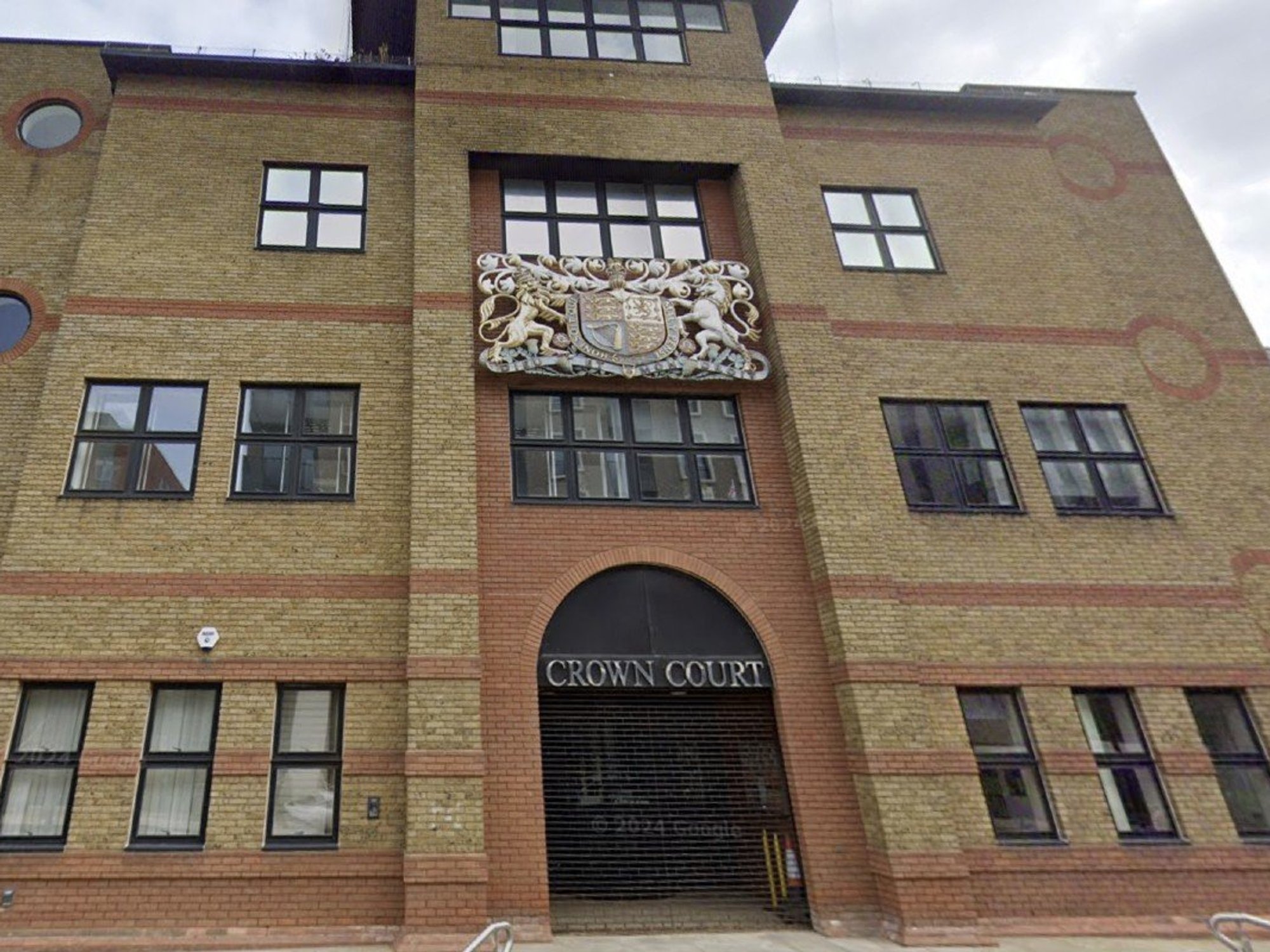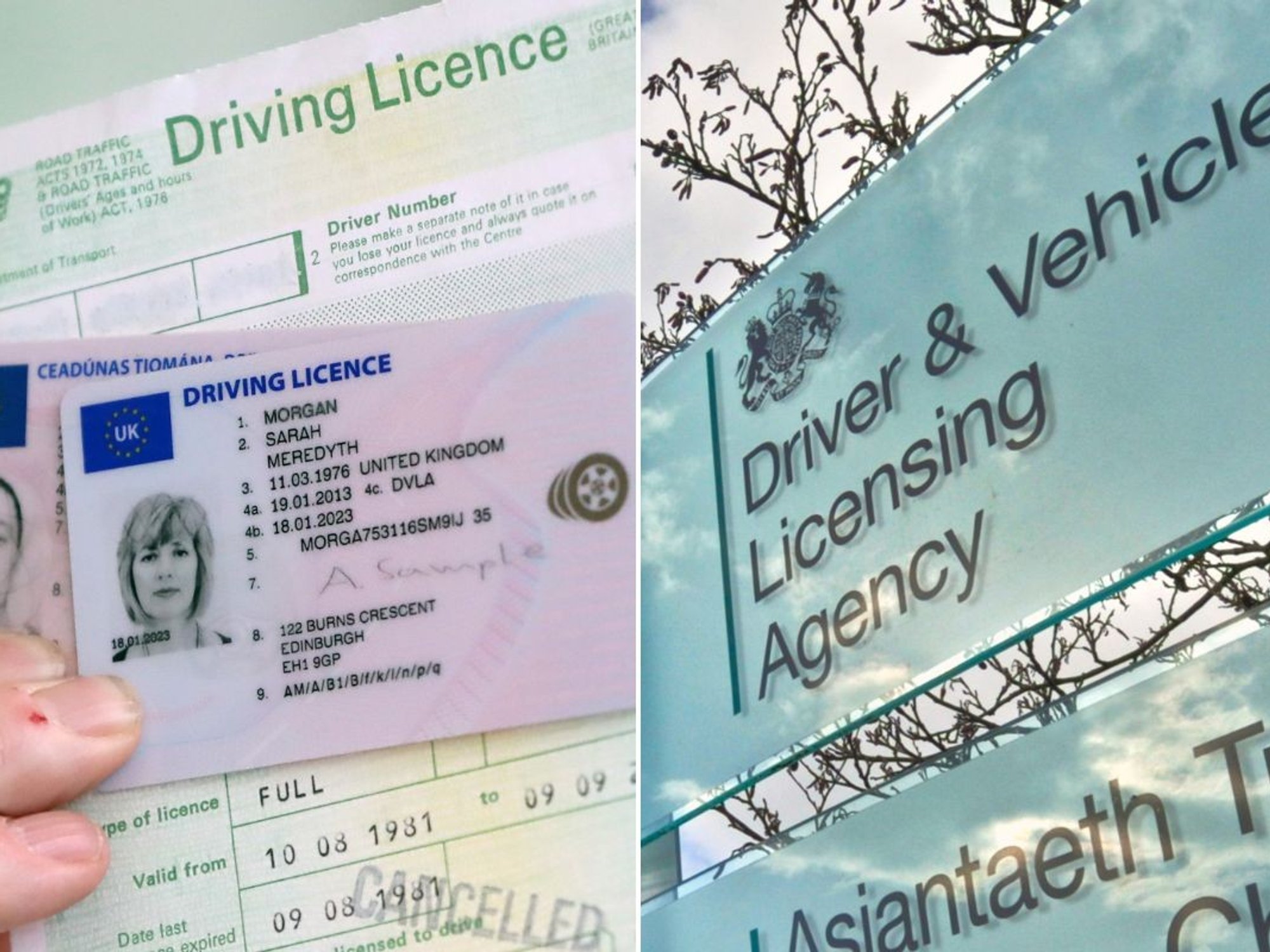Ghanaian asylum seeker allowed to stay in UK after claiming he's too 'scared of getting Covid' to return home
The Home Office rejected the refugee's claim to asylum in 2023
Don't Miss
Most Read
A Ghanaian asylum seeker has been granted permission to remain in Britain after claiming that he was "too scared of getting Covid" to return to his home country.
Winfred Kwabla Dogbey, 52, was hospitalised with the virus back in 2020 before he endured multiple organ failure.
Now, diagnosed with PTSD and suffering from "post Covid-19 syndrome", Dogbey is now an attendee of a support rehab group for those with similar "trauma".
Such treatment and support is "practically non-existent" in Ghana, a tribunal heard.
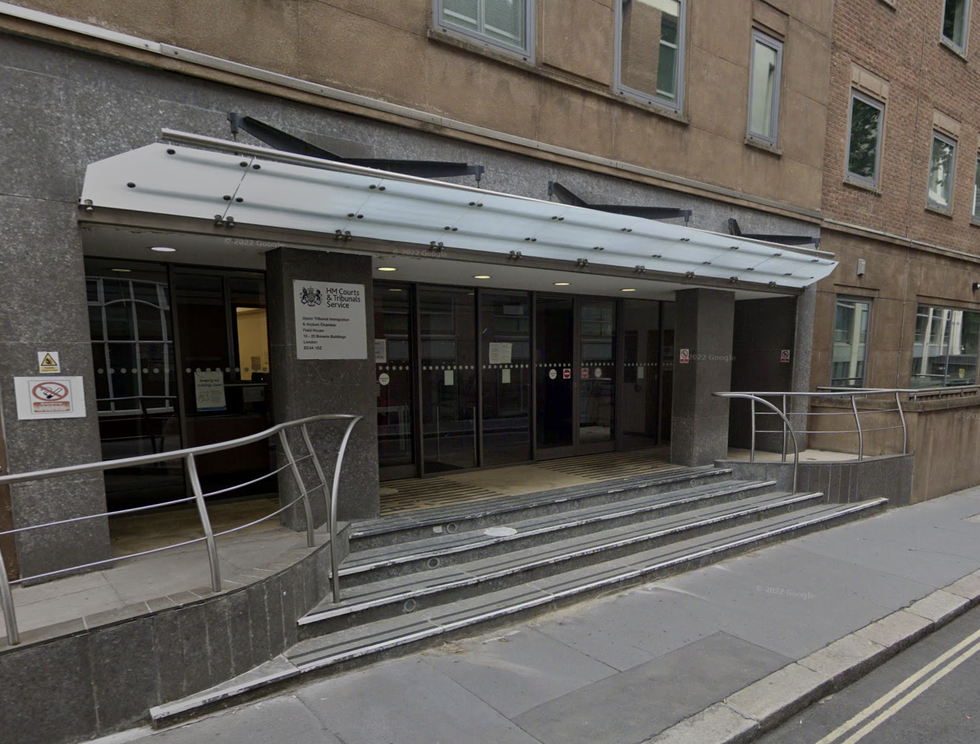
Similar treatment and support is 'practically non-existen'" in Ghana, a tribunal heard
|Google Street View
Additionally, psychiatric care in his home country was also deemed "insufficient" for his diagnosis.
One letter given to the tribunal from GP revealed that the refugee suffered from moderately severe PTSD and major depressive disorder (MDD).
As a result, he won a claim to remain in the UK under the argument that he would endure a "rapid and severe decline in his mental health" if forced to return.
The migrant explained that "very significant obstacles" would block his integration there.
LATEST DEVELOPMENTS:
Judges on the panel agreed that Dogbey was "seriously ill" and were convinced that his issues "persist".
However, Home Office lawyers insisted that the appropriate treatment and care were available in Ghana - even though they were deemed "insufficient" by Dogbey's representatives.
Data presented to the tribunal revealed that 0.6 per cent of those in Ghana are treated for depression.
In the west African nation, they claimed that patients are "forcibly coerced, including being sedated and beaten, into taking the prescribed mental health medication, and are given electroconvulsive therapy without use of anaesthesia".
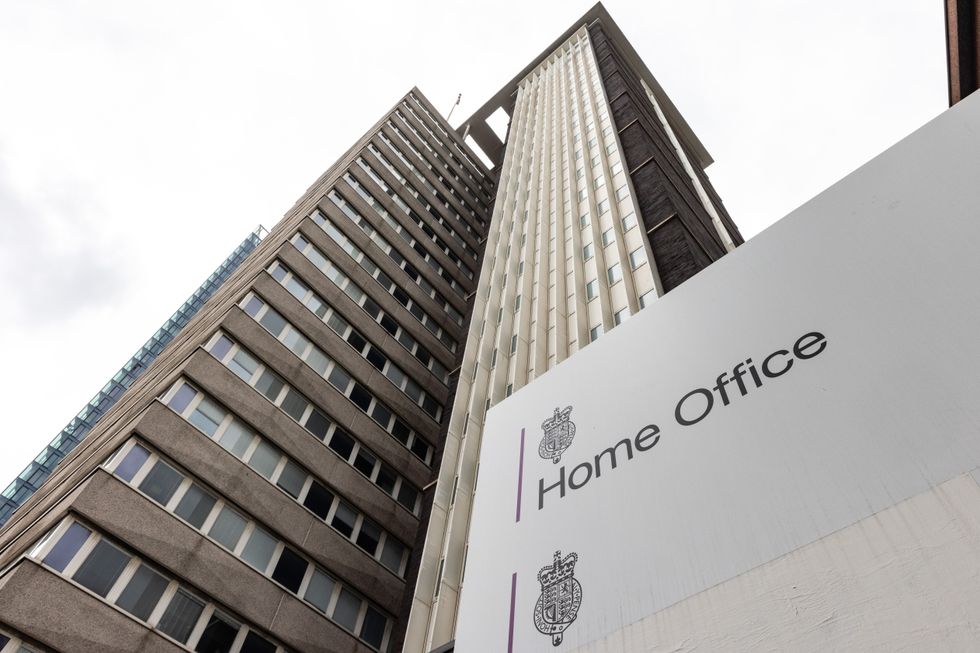
The Home Office rejected the refugee's claim to asylum in December 2023
|GETTY
The ruling said: "Ghanaians with severe mental health illnesses are referred to psychiatric hospitals and prayer camps.
"They experience 'human rights abuses' in both where they suffer further trauma."
Judge Gill said: "Given the severe and systemic problems identified in the provision of mental health services, and with no evidence before us to suggest that the position is likely to change, we determine that mental health treatment is not reasonably likely to be accessible or become available to Mr Dogbey for his mental health conditions.
"We therefore find... that Mr Dogbey would face a real risk of being exposed to a serious, rapid and irreversible decline in his state of health resulting in intense suffering."
Gill further ruled that he was allowed to remain in Britain under Article Three of the European Convention on Human Rights Act, which prohibits torture, inhuman or degrading treatment or punishment.







